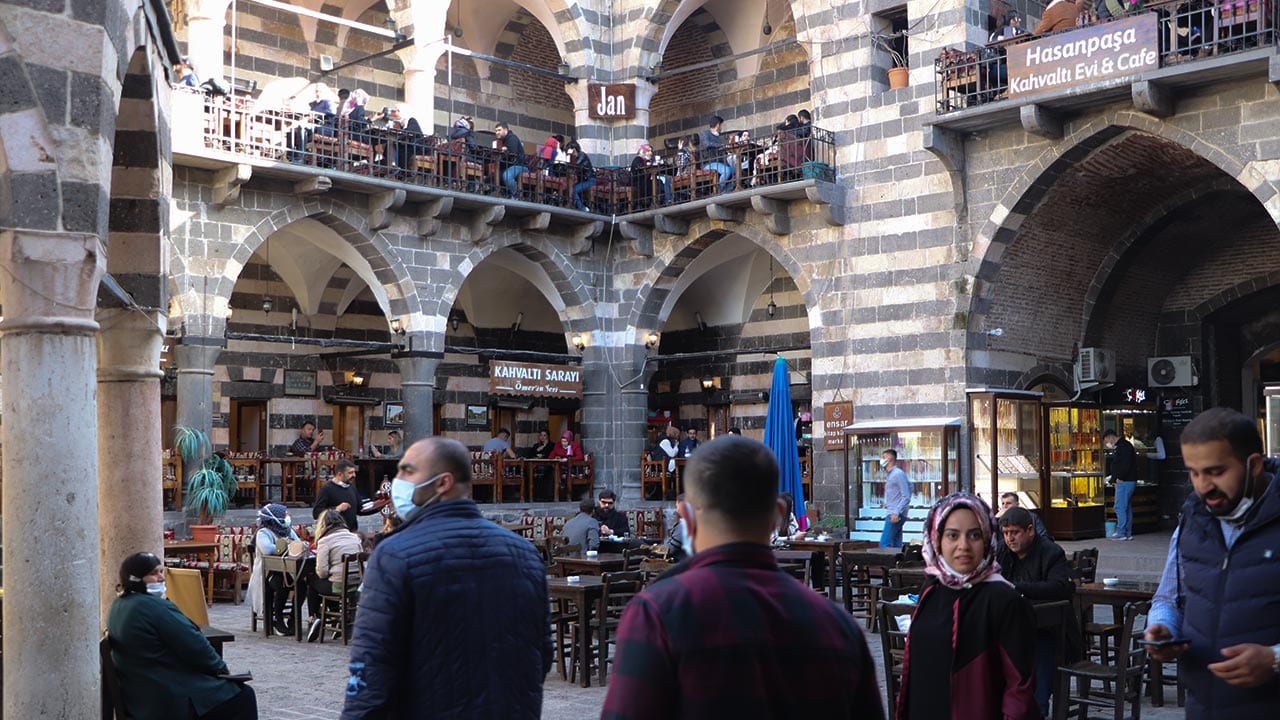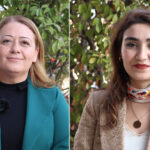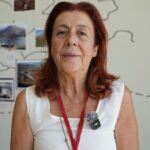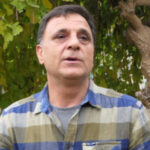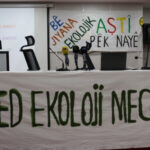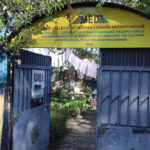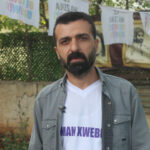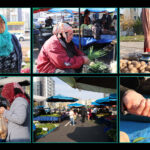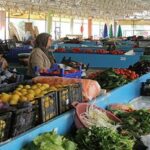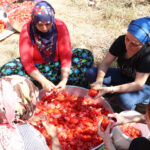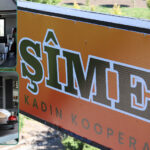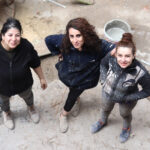Diyarbakır (Syriac: ܐܡܝܕܐ, translit. Amida, Kurdish: Amed, Armenian: Տիգրանակերտ, Tigranakert) is one of the largest cities in North Kurdistan / southeastern Turkey / Western Armenia. It is considered the unofficial capital of Turkish Kurdistan, and has been a focal point for conflict between the Turkish State and the PKK.
The region has been inhabited by humans since the Stone Age, and has formed part of many empires.
Historically, Diyarbakır produced wheat and sesame. They would preserve the wheat in warehouses, with coverings of straw and twigs from licorice trees. This system would allow the wheat to be preserved for up to ten years. In the late 19th and early 20th century, Diyarbakır exported raisins, almonds, and apricots to Europe. Angora goats were raised, and wool and mohair was exported from Diyarbakır. Merchants would also come from Egypt, Istanbul, and Syria, to purchase goats and sheep. Honey was also produced, but not so much exported, but used by locals. Sericulture was observed in the area, too.
Prior to World War I, Diyarbakır had an active copper industry, with six mines. Three were active, with two being owned by locals and the third being owned by the government. Tenorite was the primary type of copper mined. It was mined by hand by Kurds. A large portion of the ore was exported to England. The region also produced iron, gypsum, coal, chalk, lime, jet, and quartz, but primarily for local use.
Situated on the banks of the Tigris River, Amed has a population of about 930,000. The city is about 76% Kurdish speaking.
